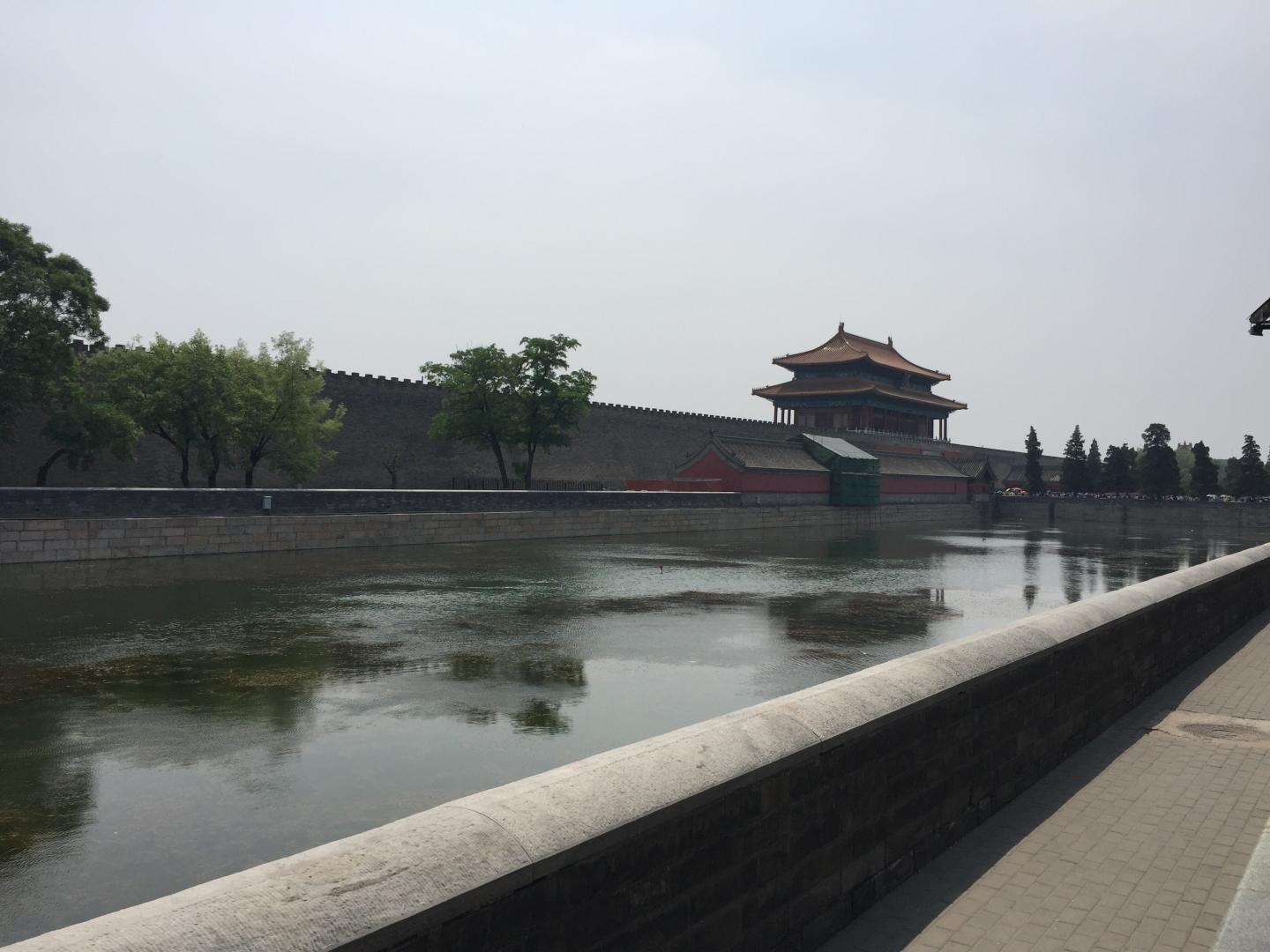
Credit: Sue Nichols, Michigan State University
Two papers by Michigan State University (MSU) scientists begin challenging a more simplistic, input/output view of natural resources in favor of a way that better reflected how the world really works.
That these natural resources don’t just flow or gush down pipelines.
That sometimes energy whisks across the world stored in the materials it produces. Sometimes water moves stored in crops it made grow.
And sometimes people don’t see the impacts of their decisions beyond a balance ledger. That places poor in water or energy will still accept money to ship away that very resource they lack – often to a place that doesn’t want for that same resource, but happy to conserve it.
In this months’ Science of the Total Environment, MSU Center for Systems Integration and Sustainability (CSIS) PhD student Zhenci Xu and his colleagues look at the virtual trade of energy and water – together. They used China – vast in its consumption of natural resources and its epic growth – as an example. They present this as a new way relevant to apply to other parts of the world.
This nexus approach is able to factor trade into this exchange and was able to tease out unseen impacts.
For example:
— The results unexpectedly showed that more than 40 percent of provinces gained one kind of resource – either water or energy – through trade at the expense of losing the other kind of internal resource (energy or water)
— Twenty percent of provinces suffered a double loss of both water and energy.
— Surprisingly, approximately 40 percent of transferred water/energy was from provinces that were relatively scarce of the very resources they were shipping out. And those precious resources were going to provinces abundant in those natural resources, further deepening resource inequality.
“The ways natural resources are used across the globe have profound environmental and socioeconomic implications,” said Jianguo “Jack” Liu, MSU Rachel Carson Chair in Sustainability and CSIS director. “Trading crucial resources involves many interactions, and all must be revealed and considered if we are to make important decisions that advance sustainability.”
The group employs the integrated framework of metacoupling, which holistically examines environmental and socioeconomic interactions within and across borders, to fully understand the trading of natural resources.
The methodology was employed in the March journal Applied Energy. MSU researchers again led by Xu and Liu examine China’s flow of virtual energy – the energy used to produce goods and products in one place that are shipped away. What found that virtual energy flowed from less-populated, energy-scarce areas in China’s western regions to booming cities in the energy-abundant east.
In fact, the virtual energy transferred west to east was much greater than the physical energy that moves through China’s massive infrastructure. Read the full story, about Shift in a National Virtual Energy Network.
“Our work is showing that the virtual water/energy trade may be motivated more by the demand side than by the supply side. And revealing that more demand-side policies should be developed to reduce resource consumption and environmental burden,” Xu said. “It is important to seek environmental balance as well as economic gain.”
###
The most recent paper, Interactive national virtual water-energy nexus networks, was written by Yingjie Li, Anna Herzberger, Xiuzhi Chen, Mimi Gong, Kelly Kapsar, Ciara Hovis, Ying Tang and Yunkai Li in addition to Xu and Liu. The latest work was funded by the National Science Foundation, MSU, MSU AgBioResearch and China Scholarship Council.
Media Contact
Sue Nichols
[email protected]
Original Source
https:/
Related Journal Article
http://dx.




